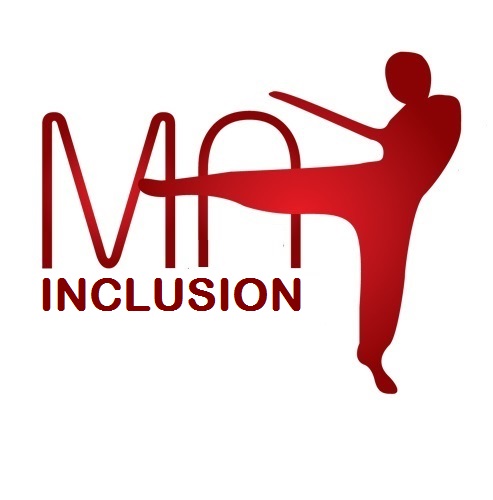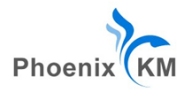 On 28 November 2018, we will organise an event in Ieper, Belgium that will focus on the inclusion aspect of sports: at school, but also during youth activities, etc.
On 28 November 2018, we will organise an event in Ieper, Belgium that will focus on the inclusion aspect of sports: at school, but also during youth activities, etc.
Language of the event: English/Dutch
Venue of the meeting:
Cultuurcentrum Ieper – ACCI
p.a. Fochlaan, 1
8900 Ieper
Belgium
Agenda:
| 13:00-13:10 |
Welcome and a brief introduction by event organiser |
Karel Van Isacker (PhoenixKM) |
| 13:10- 14:00 |
Presentation MAInclusion project
Martial Arts as tool towards Inclusion – 2017-1-BG01-KA201-036353
https://inclusivemartialarts.eu
- To train physical activity teachers in schools in remote/rural areas as well as those that have a lot of socially disadvantaged pupils to introduce Martial Arts to stimulate the inclusion of socially disadvantaged youth, regardless of age, race, gender or ability.
- To enable Martial Arts to become a lever to strengthen self confidence, control violence and strengthen community aspects.
- To enable Martial Arts training of people with special needs including both physical disabilities and learning / mental disabilities (Cerebral Palsy, Deafness, Visual Impairment, Amputees, Autism, Asperger’s Syndrome, Dyspraxia, ADHD and other learning difficulties).
|
Karel Van Isacker (PhoenixKM) |
| 14:00- 15:00 |
Presentation Sports for ALL project
ST4ALL project – 590416-EPP-1-2017-1-BG-SPO-SCP
https://www.st4all.eu
- ST4ALL aims to enhance the training skills of sports trainers when working with youth with a spectrum of disabilities. Attention to both physical and psychological aspects of their involvement in sport activities and their therapeutic aspects will be explored. Even though barriers were predominantly environmental and facilitators were personal, the experienced barriers and facilitators depended on age and type of disability. When advising people about sports participation, not just the age and disability type should be considered, but also environmental and societal barriers.
- Finding the most appropriate sport could also increase the chances of people with physical disabilities to not only become active but also staying active. A core aspect will be to accommodate sports training to grassroot sports that support the development, both physically and behaviourally, thus decreasing maladaptive behaviours with youth with disabilities. This will also include reducing the degree of inappropriate tasks and communication.
|
Petya Grudeva (NARHU) |
| 15:00 – 15:30 |
Coffee break |
|
| 15:30 – 16:00 |
Importance accessible communication
Accessible peer interaction with disabled youth – 2017-2-BG01-KA205-036420
http://www.accessinteract.eu
- The first step to encouraging inclusive communication is to give young people an awareness of such basic aspects of how to interact with a peer with disabilities. Step two, is to show them how to use a variety of accessible interaction/communication methods to break down the barriers between them.
- These two steps are at the core of the Access-Interact project. Our aim is to have an impact on young people, thereby investing in the future, and providing the proper basis for a spill over effect into wider society, and into the working environment. We will do this by implementing a peer support model to help youth communities increase their understanding of disabilities and reduce the fear of approaching, or being approached by, an individual with disabilities.
|
Petya Grudeva (NARHU) |
| 16:00–16:30 |
Questions and answers |
|
| 17:00 |
End |
|
Attendance is free, but registering is obligatory and possible via below form:
 On 28 November 2018, we will organise an event in Ieper, Belgium that will focus on the inclusion aspect of sports: at school, but also during youth activities, etc.
On 28 November 2018, we will organise an event in Ieper, Belgium that will focus on the inclusion aspect of sports: at school, but also during youth activities, etc.